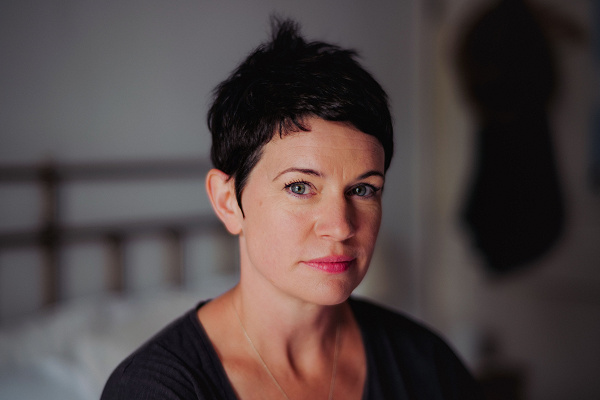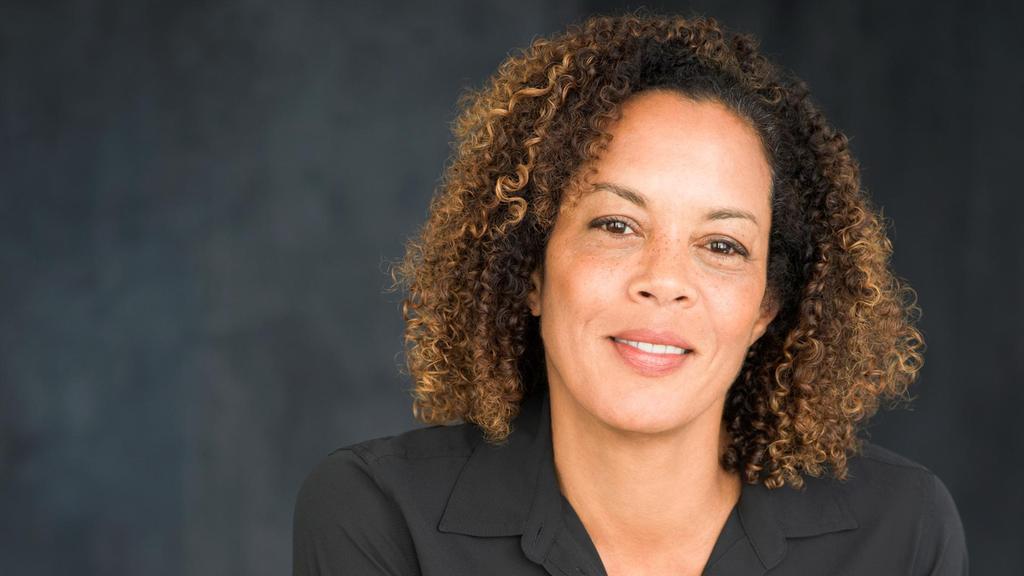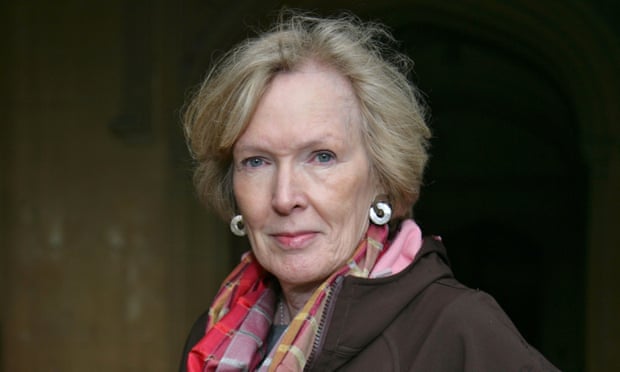Interviews with authors bolster their short stories in this impressive collection from a new publisher. The Observer, April 22
This fascinating first anthology from new independent publisher Scratch Books features seven short stories alongside author interviews, with editor Tom Conaghan posing questions about openings and endings, inspirations and drafts.
For Chris Power, the short story’s brevity means a reader is suspended in tension for the duration of the tale, the greatest endings, he suggests, exerting a kind of breathlessness – either from a “punch in the gut” twist or a release of pressure.
This impressive collection, which also boasts stories by Jessie Greengrass, Sarah Hall, Jon McGregor, Irenosen Okojie, Joseph O’Neill and Mahreen Sohail, reads like a celebration of the craft of story-writing itself. The interviews are conversational rather than academic exchanges, and there is something special about being party to McGregor reappraising The First Punch with the benefit of nearly 20 years’ hindsight. These days, he thinks, he wouldn’t afford himself the luxury of any ambiguity in a short story. “It’s an excuse for vagueness,” he says, though the way the story works as a series of misjudged assumptions about the nature of relationships stills hits home.
Similarly, reading Hall explaining the mechanics behind her BBC short story award-winning Mrs Fox is a treat. An unsettling account of a seemingly functional domestic relationship that turns on a character running into the woods and becoming vulpine in form, Hall explores how sensuality and poetry are more important than portraiture in short-form fiction. Get the first part right, she thinks, and readers will bring their own understanding of how people operate.
These nuggets deepen the enjoyment of each story rather than diminishing their mystery. Inevitably, there’s some repetition, but the triumph of Reverse Engineering is that despite accepted norms of short story craft, every author offers something different. “The realm of the short story is a perennial Newfoundland,” as Conaghan neatly concludes.


